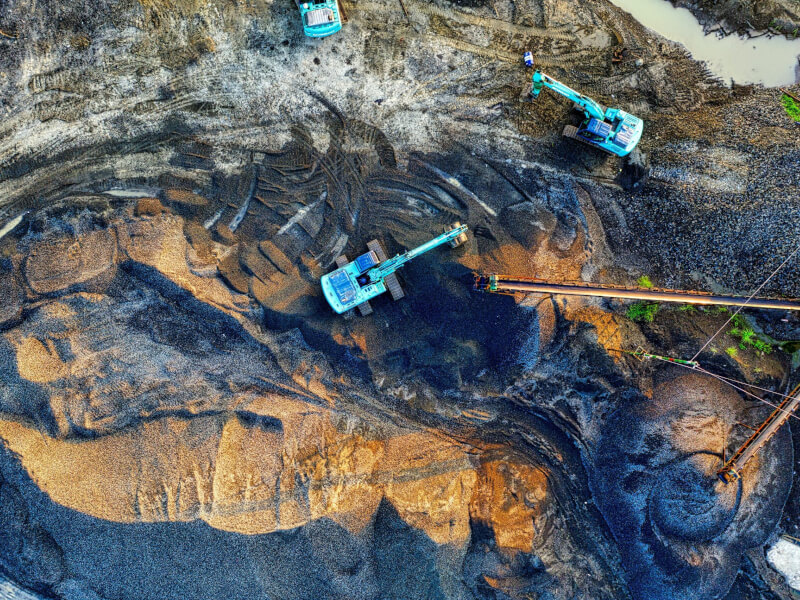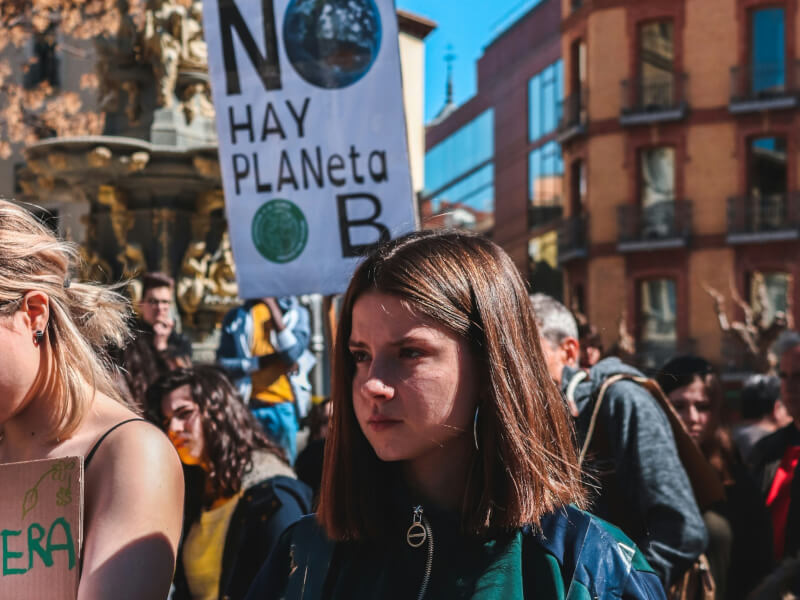24 September 2025 – Since The Limits to Growth, the Club of Rome has championed the necessity of holistic, systemic thinking to guide humanity toward a sustainable future. In this spirit, a new paper by Stanislav Edward Shmelev, Comparative Multidimensional Assessment of Progress Towards Sustainability at the Macro Scale: The Cases of 12 OECD Countries, China, and Brazil offers an empirically rich and thought-provoking exploration of sustainability processes across major economies worldwide. The research not only advances the analytical tool for assessing holistic sustainability progress but also deepens the dialogue the Club of Rome has long inspired.
Expanding beyond GDP: a multidimensional vision
Traditional criteria like GDP tell us little about the quality of human life, ecological stability, or social equity. Our research covers this gap by employing multicriteria decision aid (MCDA) – a set of tools that can support decision-making in complex situations – with varying weights. These integrate economic, social, and environmental indicators to build a dynamic composite index that spans from 1960 to 2015. This resonates with the Club of Rome’s long-standing call on moving “beyond GDP,” calling for broader and more accurate measures of planetary and human welfare.
What makes this work stand out is that it doesn’t stop at producing a single composite index. Instead, it experiments with different “policy lenses.” What happens if you prioritise the economy above all? What if you focus on social wellbeing, or environmental integrity, or weigh them all equally? By changing the weights, the study shows how different choices reveal different stories about progress.
Leaders of sustainability: Nordic and Alpine leaders
The study highlights Sweden, Switzerland, and Norway as consistent top performers among those studied, excelling across all three sustainability dimensions. What drives their success? We find that their success is not only from strong economic performance and low emissions but also from resilient institutions, cultural values that prioritise sustainability, and policies rooted in long-term vision and social cohesion—precisely the qualities emphasised in the Club of Rome’s vision of thriving, resilient societies.
Sweden: Benefitted from early environmental governance — from establishing its Environmental Protection Agency in 1967 to hosting the Stockholm UN Conference in 1972, Sweden pioneered environmental governance and urban sustainability efforts.
Norway: Powered by world-leading hydropower and high electric vehicle adoption (surpassing 80% of new sales by 2025), Norway complements clean energy with ethical, intergenerational governance through its sovereign wealth fund.
Switzerland: A model of stability and inclusiveness, Switzerland combines clean energy, high innovation, and social cohesion, reflecting the synergies of economic and ecological foresight.
Emerging and complex cases: China, Brazil, Japan
Other nations tell more fluctuating stories about the balances and trade-offs between economic, social and environmental factors up to 2015:
China: Despite rapid economic growth post-1985, social and environmental dimensions lagged, highlighting the tension between industrialisation and equitable, green development. However, due to a significant shift in government priorities, China’s renewable energy capacity is growing rapidly, leading solar, wind, EV and similar technology innovation.
Brazil: Under economic crises in the 1990s and policy reforms, Brazil shows volatility—its environmental track record improved, promoted by high renewable energy shares like hydropower, yet CO₂ emissions and inequality are still on the way.
Japan: Due to stagnating economic growth, rising government debt, and aged demographic pressures, Japan faced sustainability declines, though social wellbeing remained more stable.
Methodology matters: flexible weighting and MCDA
A key contribution of the study is its flexible weighting system, which can model sustainability under different policy priorities—economic, environmental, social, or balanced. This adaptability allows for detailed, policy-relevant analysis, supporting the need to tailor systemic solutions to diverse and multi-dimensional goals.
Implications through a systems thinking lens
The findings align closely with the systemic lens long emphasised by The Club of Rome:
- Systems are diverse and path-dependent: The varied national tracks underscore that the process of sustainability is shaped by history, institutions, and values—there is no single model.
- Ethical, intergenerational governance matters: Norway’s example of using fossil revenues to build a future-focused ethical fund is a powerful model of stewardship and craftsmanship.
- Early, integrated policy pays off: Sweden’s early incorporation of environmental awareness into urban planning and governance reveals how early-stage policy can yield long-term gains.
- Adaptability and resilience in crisis: The ability of countries like Sweden and Germany to recover from economic crisis reflects the importance of flexible, sustainable infrastructure and social contracts.
- Measurement drives direction: By offering a transparent, multidimensional dashboard, our study presents policymakers and civil society with actionable metrics—demonstrating that what we measure shapes what gets managed.
Conclusion: a roadmap for sustainable futures
The study offers a timely and empirically grounded reminder that sustainability cannot be captured by a single number—it is written in the interplay of economy, equity, and environment, all traced across decades. This narrative aligns with and enriches the Club of Rome’s contemporary agenda—reinvigorating calls for planetary stewardship, inclusivity, and governance with future generations in mind.
The message is clear: with the right values, robust institutions, and forward-looking policies, societies can chart sustainable trajectories. Evidence and optimism go hand in hand—if we choose to measure wisely, govern ethically, and act with courage across generations.




